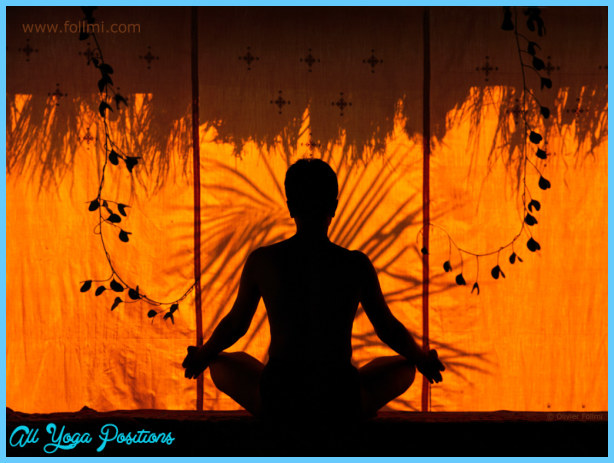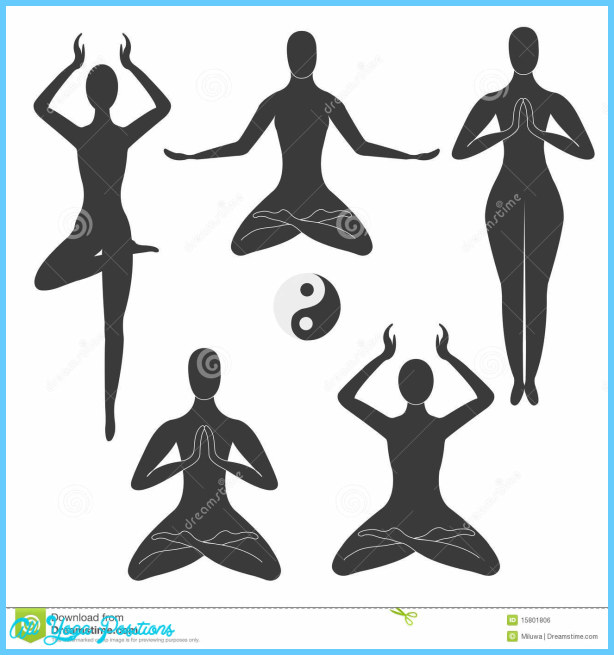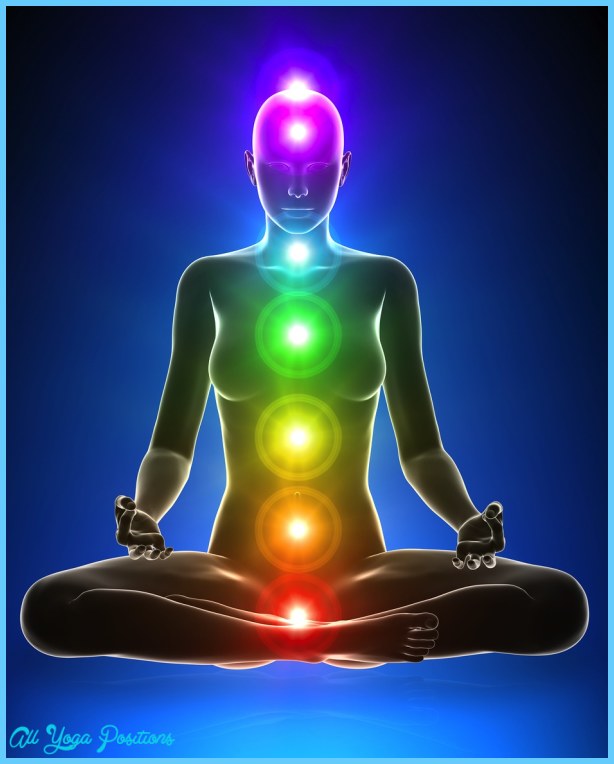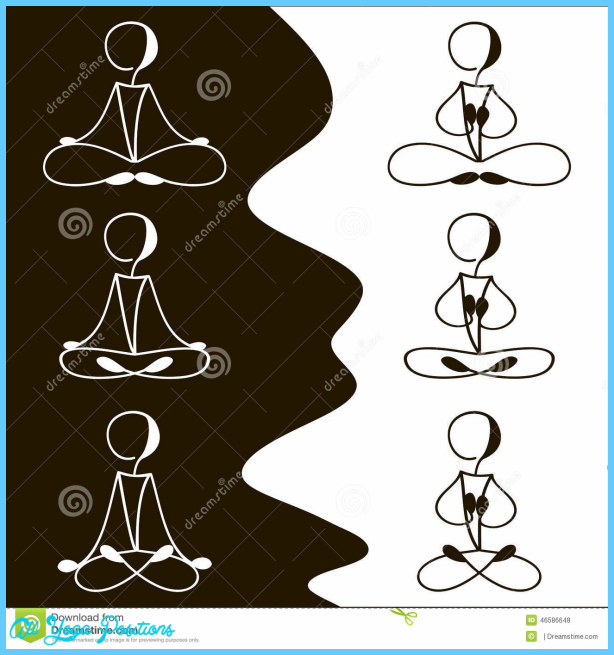About thoughts thoughts and emotions. Say whenever I look at someone I get annoyed. I just don’t like the look of that person. Well, what is wrong with my feeling that way? If it were a conscious effort here is the person, I am looking at him, the next step is to feel annoyed that would not be so bad. You see, if I could do everything consciously, deliberately, then I could also say, No, I won’t feel annoyed’. But our problem is that the moment our eyes have seen something, this reaction, this emotion rises, and there is no controlling it. Our vital energy is behind it. You might say, Vital energy is not at fault; the emotion itself is wrong’. That is true, but how do you control it? Suppose you find that heavy winter rains have dug a de6p and dangerous trench just by your house. What are you going to do? First of all, you stop the water from flowing that way; you dam it somewhere; then afterwards, when it dries up, you can fill the trench. It will be very easy to control. But if the water flows continually and forcefully along that channel, how can you remedy anything? It will only get worse and worse. Similarly, when vital energy is in any thought or emotion or in any action of the body or the senses and we have no control of it, then there is danger. Our biggest work lies in bringing this prana under control.
You know, some people react so quickly to things that they get into a way of thinking that some extraneous agent is acting upon them. That shows a very primitive state of mind; education ought to have remedied it. In India our whole approach is that whatever happens to me happens because of me. It is a very good principle. Say you go some place where the people look very rough and tough, and you say, Oh, such terrible people! My mind became filled with all kinds of ugly thoughts!’ They are bad; so you have the ugly thoughts? The presumption is that you are good, and if you are right that they are bad, then they should have the ugly thoughts, not you. Let them carry their own burden. Why is it that you havebthe ugly thoughts? When we act on instinct, as animals do, that reaction is so swift we think some outside agency is making it happen. Gods or angels or devils are making things happen to us all the time. When good things happen we kneel down in gratitude to some invisible god and make offerings for his pleasure. If bad things happen, then we blame someone or something outside of us, and we run to somebody else for a remedy. But that is not right. It is my reaction that makes things happen. This approach has to be learned.
In India, because of our religious and philosophical background I am talking particularly of the Hindus we say If things happen to me it is because of my karma, the impressions I have acquired in the past’. Karma is not a mysterious force that has been imposed upon us by gods or demons. No. We say that our previous actions and experiences have left their impression on the mind and conditioned it; therefore we act and react in a certain way, and things happen to us in a certain way.
Swami Vivekananda once wrote to a disciple: If anything goes wrong around me or towards me, as a Vedantist I should ask this question of myself, why is it that I see evil in others or in my surroundings? It must be due to something in my own mind; otherwise, I would not even recognize evil.4 And often in course of his lectures he used to give the illustration of a little child in a room with a bag of gold. A man comes and takes that bag of gold. Would the child know that it is a theft? The child hasn’t yet developed the idea of stealing; he couldn’t recognize a theft. But if a grown-up man sees this bag of gold snatched away, he will know there is a theft and will raise a hue and cry about it. It clearly shows that the evil we see has something to do with our own mind. In India this is the way we are taught to think. I must not give you the idea that every Hindu consciously or very clearly feels this way, but that’s our general tendency. I think in the West, too, you should deliberately learn this approach.










